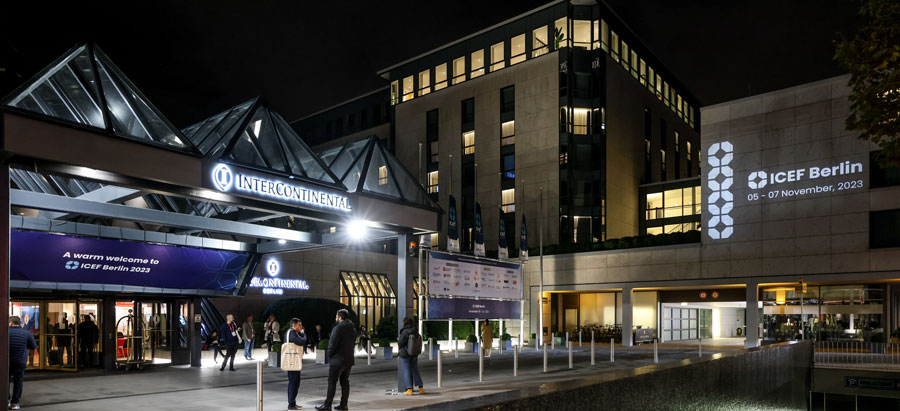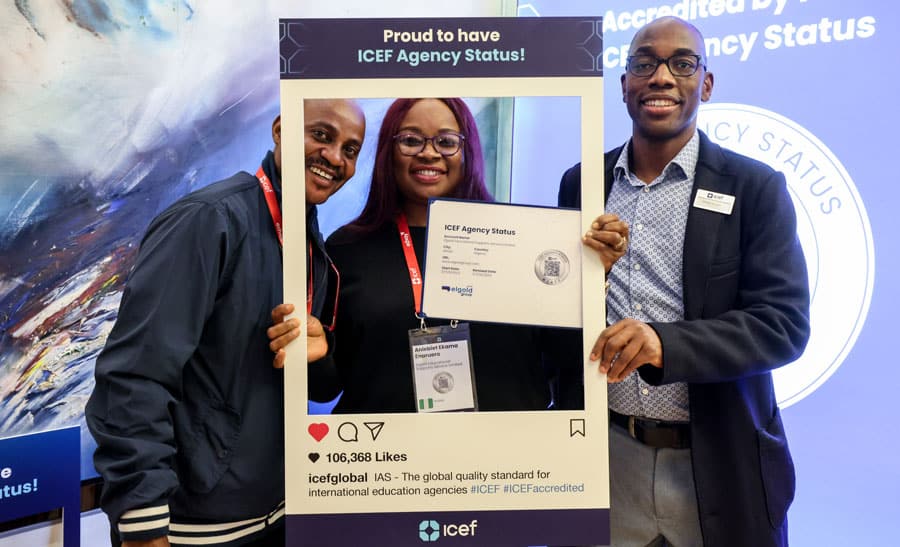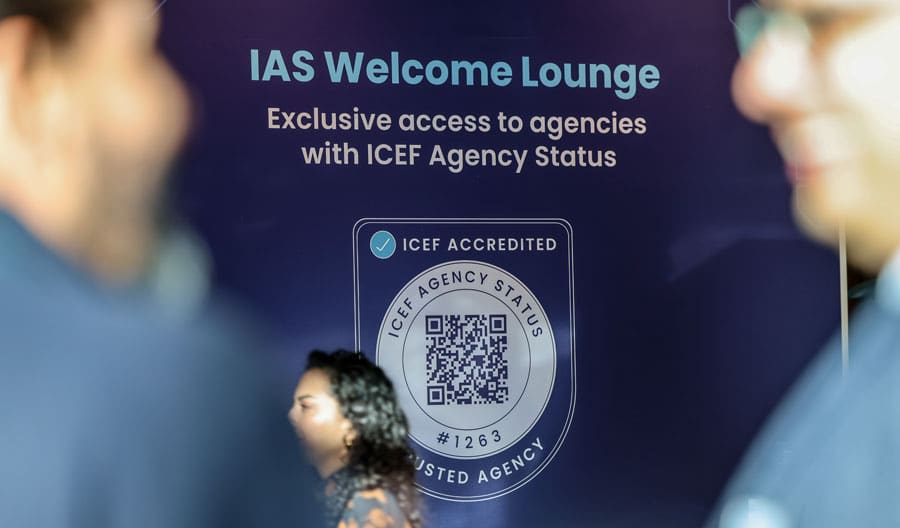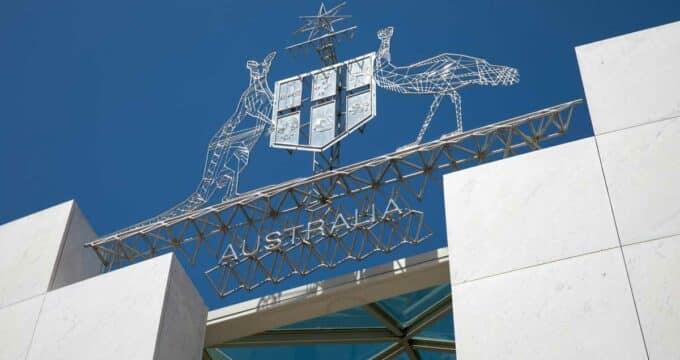The next era of international education: Trust, transparency, and a focus on quality

Since 1995, ICEF Berlin has served as a catalyst for connecting the world through education. With our 30th anniversary approaching, our sector is facing a new challenge: the need to build better systems and standards for ensuring transparency, compliance, and student wellbeing.
In all four of the world’s leading study destinations – Australia, Canada, the UK, and the US – governments are taking a closer look at how students are recruited. From tightening visa policies and integrity audits to mandatory declarations of agent use, the message is clear: compliance and accountability are now as critical as marketing and conversion. The challenge now is to reshape how institutions, agents, and governments interact in this new context.
The next thirty years will belong to those who not only recruit globally, but who also act responsibly.
How it all began
In the 1990s, international education was still a limited, even experimental, activity. Apart from short-term language study holidays within Europe, students from a small number of countries travelled mainly to the UK and the US for tertiary studies or exchanges. Yet the soft power, innovation, revenue, and intercultural understanding generated by student mobility soon drew in many more students, institutions, and destinations. What began as a trickle of cross-border enrolments became a pillar of globalisation.
Three decades of expansion
In 2002, there were roughly 2.5 million international students worldwide, of whom more than a third came from China. By 2023, that number reached nearly 7 million, a 176% increase.
These numbers reflect a focus on growth. The expansion in outbound mobility did not only benefit schools and universities, but it also boosted governments and entire economies. In 2021/22, international student spending contributed US$52.2 billion to the UK economy and US$26.5 billion to Canada’s. In 2023/24, it accounted for US$32.7 billion in Australia and US$43.8 billion in the United States.
The benefits are not just fiscal. Nearly 60% of international doctoral students in the OECD study science or engineering. They drive research and innovation and lead major start-ups. Their collaborations consistently produce high-impact papers and cutting-edge research. In short, the mobility pipeline feeds the innovation pipeline. The lab bench does not care about passports, and the citation record proves it.
The cultural dividend of international student mobility is impossible to measure. International students bring the world closer together, forming friendships, business partnerships, and academic networks that last a lifetime. They return home as ambassadors for their host countries, carrying new languages, values, and professional skills that shape diplomacy and multilateral trade. In a world increasingly divided by politics, international education remains one of the few systems that consistently builds bridges rather than borders.
Thirty years of connection and change
Over the past three decades, ICEF Berlin has grown alongside the industry itself, from a small gathering in 1995 to the world’s leading forum for international education partnerships. As always, the focus of the event evolves in response to changing circumstances, regulatory environments, and sectoral trends. Providing systems and structures that support greater transparency, trust, and accountability is not a new priority for ICEF – it is a pillar of our operations. What’s more, we now offer agents and institutions more programmes and services supporting greater integrity and quality control than ever before.

The human infrastructure behind it all
When thinking of what has driven the success of the industry so far, it would be wrong to underestimate the role of education agents. For decades, agents have helped families to navigate complex systems, translated opaque policies into clear expectations, and made international study accessible far beyond elite circles. Agents function as counsellors, logistics experts, and cross-cultural guides.
In fact, education agents have become one of the most quietly powerful forces in international education. They perform a unique dual role by guiding families through complex admissions systems and helping universities to reach more students in a diverse range of markets.
Yet as new regulatory frameworks emerge, such as the UK’s Agent Quality Framework and Canada’s pending federal registry for education agents, we risk forgetting just how much value these intermediaries create.

Guardrails but not roadblocks
No one disputes the need for higher professional standards, transparent data, and accountability. The scandals and negative headlines we have all seen in recent years show what happens when those are absent. But as it stands, policy makers have often blurred the distinction between unethical operators and legitimate, responsible businesses.
Without that distinction, the danger is that the blunt compliance mechanisms, however well intentioned, could consolidate market power among a handful of large agencies. This would leave local experts behind, and it would limit student choice. What is needed is not less oversight, but smarter oversight built on shared data, sound codes of practice, and technologies that make it easier to scale quality controls.
In this environment, voluntary accreditation frameworks such as ICEF Agency Status (IAS) are helping to raise standards globally. With more than 2,300 accredited agencies in over 130 countries and nearly 700 institutional supporters across 50 countries, IAS has become the world’s largest quality-assurance framework for education agencies. It recognises businesses that meet rigorous ethical and operational criteria, providing governments and educators with a trusted benchmark of professional integrity. IAS demonstrates that accountability can be collaborative when well considered and structured.

Collaboration and systematised quality controls are essential for sustainable growth in the new era of international education. ICEF Due Diligent, for example, brings transparency to both sides of the recruitment relationship.
For institutions, it offers AI-powered analytics and real-time data for comprehensive due diligence checks on agent partners, flagging potential risks early by monitoring regulatory sanctions, legal filings, and social media activity.
For agents, it provides tools to protect their reputation and gain clearer visibility into their sub-agent networks, helping them demonstrate integrity and meet rising government expectations for accountability.
These innovations are supported by a broader commitment to professional development through ICEF Academy, which today counts more than 144,000 registered learners and over 21,000 graduates across 130 countries. ICEF Academy provides structured learning pathways for education counsellors, institutional staff, and sector professionals, making training and certification measurable and accessible worldwide.
The ICEF Train Your Agents platform gives educators a practical way to ensure their recruitment partners are both effective and compliant. It enables structured, multilingual training for agent networks so that every counsellor understands an institution’s background and academic offer, admissions process, ethical standards, and regulatory requirements. It also allows institutions to monitor counsellor progress and training outcomes, giving them clear visibility and measurable oversight of network-wide compliance. The platform is equally valuable for master agents, who can use it to train and inform their sub-agents.
Beyond professional development, Train Your Agents helps educators to demonstrate compliance, protect institutional reputation, and support agents with credible, up-to-date knowledge. In an era demanding transparency, it provides clear proof of responsible recruitment across the global network.
These tools are not about policing; they are about empowering international educators and promoting quality assurance. Together, IAS, Due Diligent, and Train Your Agents create a framework where integrity becomes operational, where compliance strengthens opportunity rather than constraining it.
The next thirty years
If the past three decades were about expansion, the next will be about trust. Collaboration between governments, educators, and quality agencies will be essential to achieve this.
International education remains one of the most positive forms of global exchange ever created. The small agency owner in Nairobi, Lahore, or Ho Chi Minh City, the one who knows every student’s family by name, is as vital to that ecosystem as the vice-chancellor or the minister.
At its core, international education has always been about students. We should welcome and design frameworks and partnership models that protect their dreams and ambitions while empowering responsible agents and institutions to support them safely. The future belongs to those who evolve, embrace transparency, and continue to earn the trust of the students we serve.
















